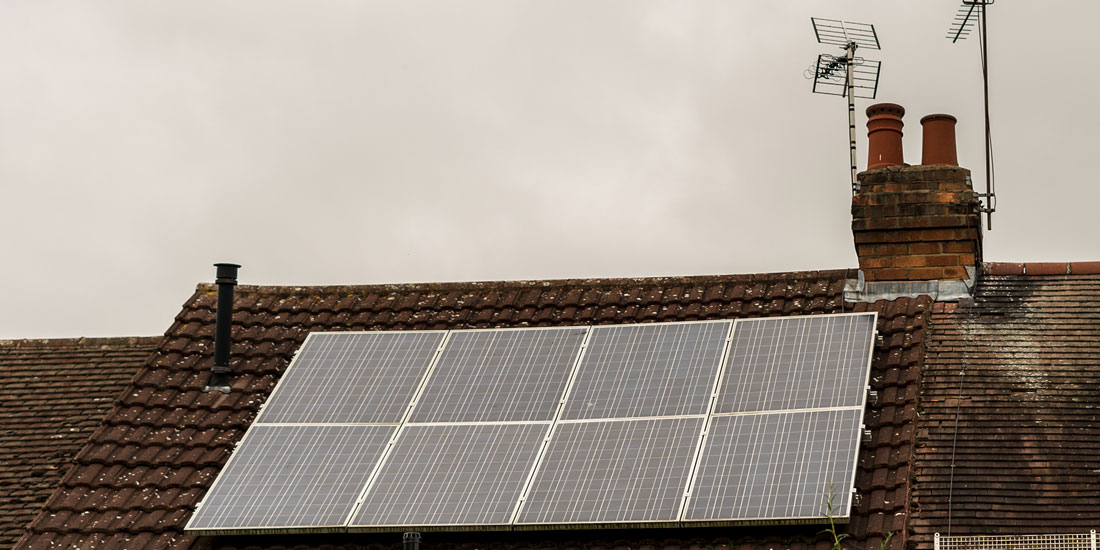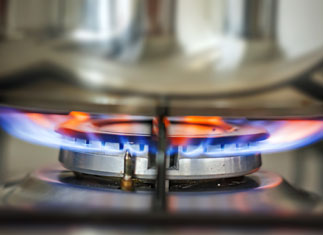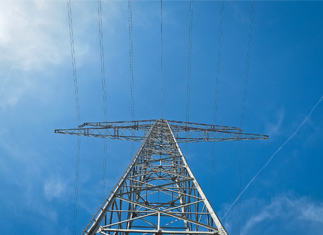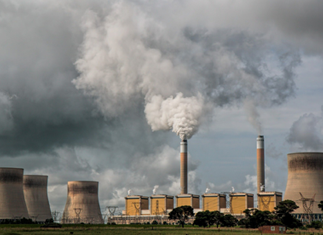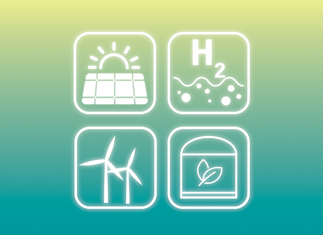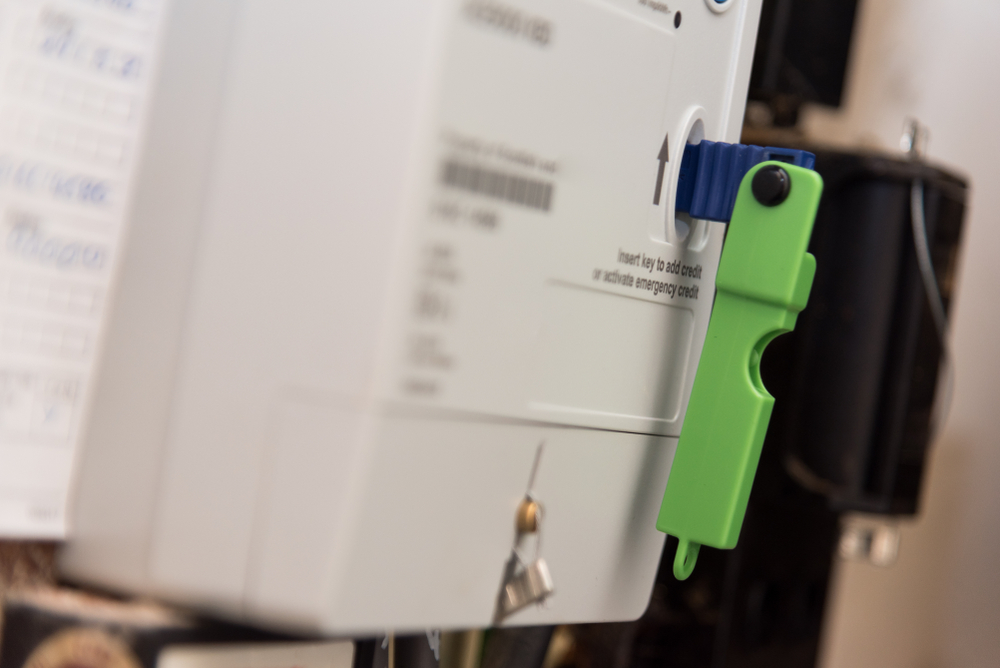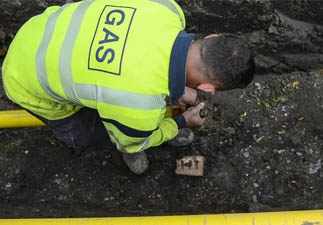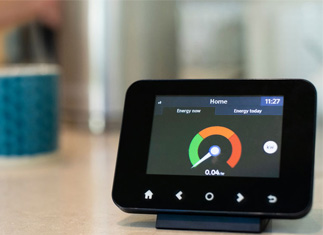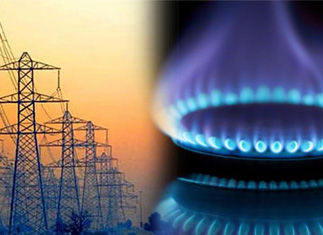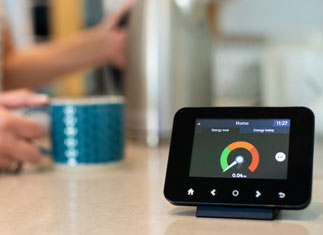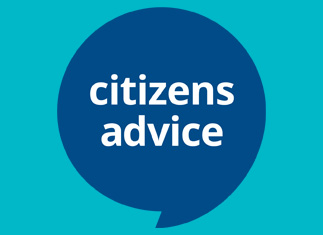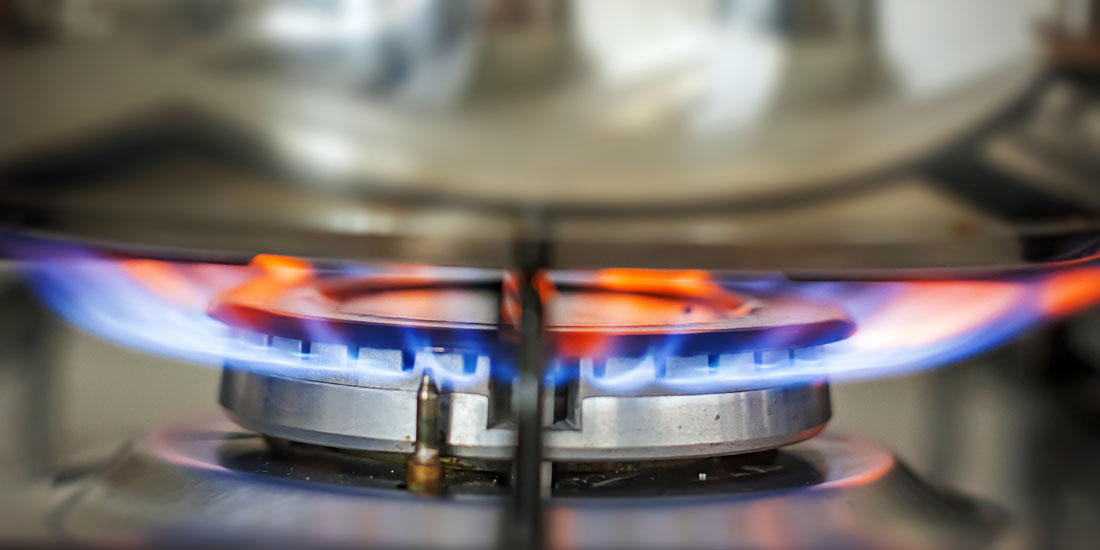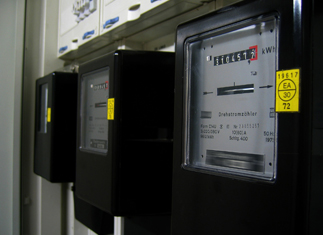Ofgem consultations on reviewing the Price Cap in winter 2021/22 – NEA response
Date: 15th Dec 2021

About National Energy Action (NEA)
NEA[1] works across England, Wales and Northern Ireland to ensure that everyone in the UK[2] can afford to live in a warm, dry home. To achieve this, we aim to improve access to energy and debt advice, provide training, support energy efficiency policies, local projects and co-ordinate other related services which can help change lives.
Summary Our Response
On average, the price of energy has increased by £235 for domestic consumer across Great Britain since last winter. NEA estimate the record rise last month to the Default Tariff price cap resulted in over 500,000 more households pushed into fuel poverty and a further 1.2 to 1.5 million could face the same plight if the price cap goes up in April by between £400 and £600, as predicted by some industry experts. On 3rd February 2021 NEA warned increases to the GB price cap in April could see the average combined domestic dual fuel bill increase by a further £550 per year. NEA also warned the cost of heating the average home will have doubled over 18 months. Over the same period, those on the lowest incomes and households that contain someone with a long-term illness or disability that reduces their ability to work have seen their income plummet by over £1000 per year. In addition, inflation remains high, meaning that essentials outside of energy also continue to rise in price. This places a worrying burden on the shoulders of the poorest households, especially those living in the least efficient homes.
Cold, damp and unsafe homes continue to cause shocking levels of unnecessary hardship and premature mortality. In polling conducted by YouGov[3], 60% of British adults said that this level of increase in their heating bill would lead them to reduce the amount that they heat their home by either a fair amount, or a great deal. Worryingly, this included 62% of the Socio-Economic group C2DE, which are more likely to be low income, and therefore be underheating their home even before prices increase. NEA is incredibly concerned, therefore, that the increase energy bills next year will lead to more people living in colder homes, more people become ill because of this, and ultimately more deaths next winter.
NEA is a supporter of the price cap as a device to ensure that households pay a fair price for energy, and to ensure that energy suppliers to not make excessive profits. As of 2020 it was estimated that the introduction of the default tariff price cap had saved customers around £1 billion a year, equivalent to around £75-100 a year for typical households on default energy tariffs. This saving will now be substantially more, because of the protection offered to households this winter. We understand the legal obligations that Ofgem faces to ensure that the level of the cap allows suppliers to finance their activities. We therefore accept the proposals that are made within the consultations to: Alter the true up process for Covid-19 Costs; Reflect prepayment end-user categories in the cap; and alter the ECO scheme methodology.
However, we believe that the proposals to alter the calculations on wholesale price risk require further consideration. In particular, we believe that:
- Any changes that consider the addition risk associated with shaping must not be speculatively based on the current period, as it is in no way guaranteed that the risk that has been seen recently will carry over to future cap periods. If Ofgem do decide to make changes based on this most recent period, there must be a mechanism to review whether this is suitable in the longer term before the recalculation of the cap in August 2022.
- During the cap setting process to date, there has been no application of the savings that suppliers should make through better understanding their customers’ real time demand through the rollout of smart meters. This would reduce their imbalance risk and therefore reduce their energy purchasing requirement. Ofgem must take all market changes into consideration when adjusting the wholesale price methodology.
- Given that suppliers are very unlikely to want to compete for new customers using the SVT, we do not believe that it is appropriate to maintain the headroom element of the price cap. Although we appreciate that headroom has a dual purpose – to account for methodology errors and to allow competition under the cap – the fact that Ofgem is continually updating the cap to correct for methodology errors coupled with the lack of SVT competition shows that this part of the cap is no longer required.
We also offer three suggestions regarding the proposals on the process for updating the Default Tariff Cap methodology and setting maximum charges:
- That the changes to the cap in between the current six-monthly time periods are limited in nature. They must only include changes to the elements of the cap that have been subject to unforeseen circumstances, not those that are relatively predictable. Therefore, whilst wholesale prices may be reviewed more frequently, policy and network costs should be out of scope for more frequent changes as Ofgem and the suppliers are given significant notice before these are materially changed and can therefore be dealt with through the usual process.
- Ofgem’s goal in economic regulation must be to ensure the protection of consumers especially those that are vulnerable, in the energy market. Therefore Ofgem must ensure that the bar to change the level of the cap in the middle of the term must be a high one that puts the interest of consumers at its heart. For example, Ofgem should provide evidence to suggest that consumers will face detriment if the cap is not changed in the middle of a period, including what costs they will face if the cap is not updated, and how prices will change as a result. This should include a consideration as to the timing of the change, for example if it were to come in during the heating season, and the effect that might have on the usage of lower income households. This information must be visible to all actors before Ofgem plans If the resultant impact is not a positive one for consumers, it must not be taken forward.
- The decision to alter the cap earlier than planned must be visible to the market, and consumer advocates. While we appreciate that such changes might not be appropriate for the default long consultation periods, it must also be challengeable, and not a decision that Ofgem can take unilaterally without any consultation whatsoever.
Beyond those suggestions, there are several areas, where Ofgem must take action to ease the pain of higher bills or households will face the consequences. The following actions are crucial, and we urge Ofgem to take them forward.
Additional, deeper price protection could be given to vulnerable consumers by a new tariff that is:
- Additional – To enhance protections in the market for vulnerable households any new social tariff should be additional to the WHD and Default Tariff Price Cap. These policies perform different specific functions that cannot be replicated by a social tariff.
- Mandated – To ensure that a social tariff is accessible across the market, it should be a consistent requirement for all suppliers. This will mean that those who qualify for a social tariff do not lose out because their supplier has not gone as far as other suppliers.
- Targeted at those most in need – The social tariff must be available to the most vulnerable customers. Low-income and vulnerable households that use prepayment (especially those using legacy prepayment meters) currently see significant detriment in the market, which has been only partially corrected by the default tariff price cap.
- Reduces costs – A social tariff must help vulnerable consumers reduce their energy costs and be priced below the default tariff price cap. To do this it is likely it would not include any ‘headroom’ for switching or costs for smart metering. It should also re-structure the recovery of costs from the standing charge to enable low-income households on PPM to access units of energy before policy or network costs are recovered.
- Auto-enrolled – To ensure that customers that are not engaged in the energy market or are not supported by suitable energy advice, any social tariff should be based on auto enrolment for those deemed eligible. This can be done using suppliers existing customer data and/or data sharing with the Department of Work and Pensions (DWP).
Households in need of support should be better identified through:
- Extend the Priority Services Register to better identify financial vulnerability to ensure that suppliers consistently offer support to customers in financial difficulty.
- Ensure suppliers make better use of available data, again, to identify those most in need or in financial difficulty
- Work with the UK Government to access shielded patients list which could help utility companies to provide more targeted support to their customers who are most vulnerable
- Section 36(3) of the Digital Economy Act should be further expanded to allow local authorities, public sector health bodies and energy network companies to undertake direct data matching access with the Department for Work and Pensions (DWP), independent of licensed gas and electricity suppliers.
More should be done to raise awareness of support through:
- Ofgem and BEIS should have regard to how companies have used different communication channels to support non-digital consumers who may have missed out on support/advice during COVID-19. Ofgem should ensure utilities have plans in place to provide information on emergency support in different languages and formats, including Braille, BSL, and languages such as Polish, Punjabi and Urdu.
- Ensure that suppliers offer wider support for any customer failing to access support via WHD broader group.
- Promote Fuel and Water Direct to indebted customers, to increase awareness of this under-utilised support mechanism.
More should be done to directly address debt by:
- Consistent ‘Ability to Pay’ and debt collection principles should be implemented across all essential household bills.
- Signposting income maximisation services to all customers who are on a debt a debt repayment plan.
- The UK Government, working with Ofgem, should encourage better UK wide working and engage with the Northern Ireland Executive and Utility Regulator (UR) to ensure vulnerable energy consumers in Northern Ireland benefit from a comprehensive and consistent response from the energy industry to COVID-19.
- Raising awareness of the current support available across the GB energy market by using multiple communication channels to drive greater awareness of the support available.
Vulnerable households should be adequately protected when a supplier exits the market by:
- Ensuring that prepayment users retain the ability to top up, in both the period between the exit and the Supplier of Last Resort (SOLR) being appointed, and once the SOLR takes over.
- Working with suppliers to guarantee that customers’ debts to a failed supplier are transferred to the SOLR so that this debt is regulated through the standard gas and electricity supplier licence conditions.
- Limiting the increase of the price cap in April by passing through SOLR costs over a longer period than previously.
The rollout of smart meters for prepayment customers should be maximised by:
- Working with Government to maximise opportunities to accelerate the deployment of smart meters for legacy pre-payment customers.
- Putting this winter’s voluntary agreement regarding smart prepayment into an enforceable licence condition
- Setting a date by which all coin operated prepayment meters must be replaced by a smart meter.
The full role of energy networks to support vulnerable customers should be realise by:
- Investigating how to repurpose GDN support for fuel poor households (i.e. through the Fuel Poor Network Extension Scheme) in creative ways, given that targets for the current scheme are unlikely to be met.
- Ensuring that there is sufficient ambition in the RIIO ED-2 business plans for the DNOs to affectively deal with energy affordability issues in their network areas.
[1] For more information visit: www.nea.org.uk.
[2] NEA also work alongside our sister charity Energy Action Scotland (EAS) to ensure we collectively have a UK wider reach.
[3] Polling was carried out by YouGov from 26th to 28thNovember 2021 to gather a nationally and politically representative view of the impact of a doubling of the cost of heating a home and investigate what impact, if any, this would have on home heating habits. 59% say they would reduce their heating use by a fair amount/great deal if the cost of heating doubles. All figures, unless otherwise stated, are from YouGov Plc. Total sample size was 1,684 adults. Fieldwork was undertaken between 26th – 28th November 2021. The survey was carried out online. The figures have been weighted and are representative of all GB adults (aged 18+). The polling results can be found at https://docs.cdn.yougov.com/op3azx1z20/NEA_HeatingCosts_211129_W.pdf
Resources
Related resources
© 2024 NEA all rights reserved.



